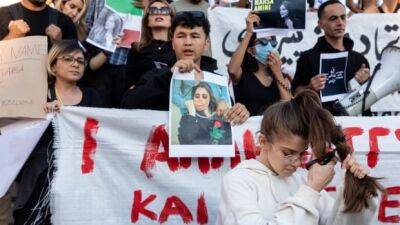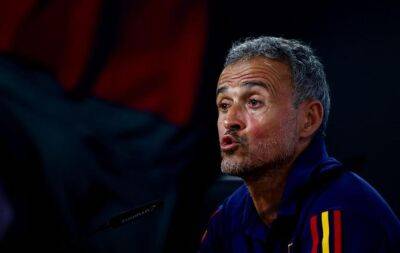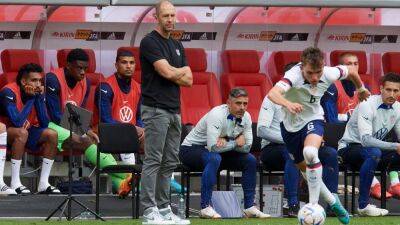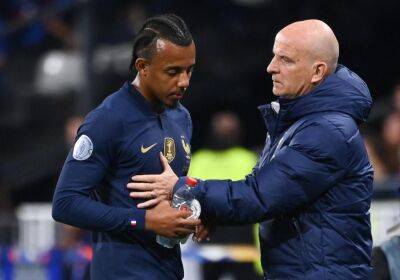Zak Moradi: Keep going and never give up because you just don't know what's down the line
European Week of Sport, which runs from 23-30 September, stresses the importance of embracing diversity and inclusion in sport and boasts a remarkable ambassador in Leitrim hurler Zak Moradi.
A Lory Meagher Cup winner with the Ridge County in 2010, Moradi’s backstory illustrates how sport can act as a powerful force for integration.
Semaco 'Zak’ Moradi was born to a Kurdish family from Iran, but one that the Iran–Iraq War had displaced to Iraq.
Decades of persecution has given rise to the apt Kurdish proverb that they have "no friends but the mountains" and a difficult life for a family of 13 became even more gruelling under the regime of Saddam Hussein.
"You had to just say how great Saddam was because there was secret service people everywhere," Moradi told RTÉ Sport.
"If you said one bad thing your whole family could have been imprisoned or never have been seen again. That’s the way Iraq was."
Preserving Kurdish culture in the face of persecution was often something that fell to the community, including Kurdish rebels.
"When we went to primary school over there we learned Kurdish, but if we wanted to go to secondary school, it was in Arabic.
"But the Kurdish school we went to was funded by the Kurdish rebels and the Kurdish rebellion fought for the Kurdish language.
"I only realised that when I came here with my family. I thought it was the Iraqi government. It was the Kudish rebels who were living in the Qandil Mountains fighting for Kurdish rights.
"Most people didn’t go to secondary school when they finished primary. They just stopped going to school when they were 12 years of age or 13 years of age."
Impromptu schools popped up in desert camps teaching Farsi, which is the main language in Iran, as well as Kurdish and







